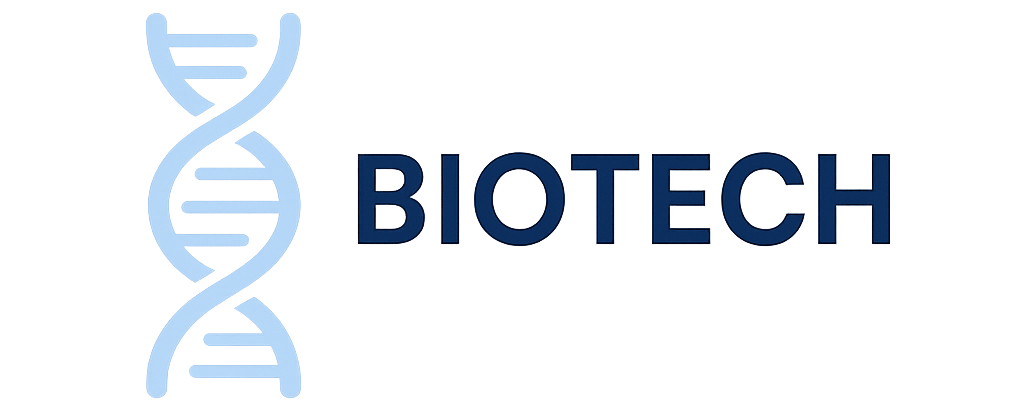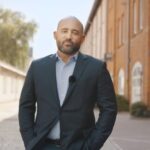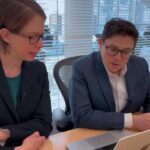
Credit: NDinfinity / 1296909811 / E+ / Getty Images
When the weather warms up and the school year comes to an end, many of us add ordering a new swimsuit and buying sunscreen to the to-do list. One of my favorite summer chores is finding a new book to take from the beach to the pool.
Here, we present a list of the books some of GEN‘s editors will be reading this summer. (Not surprisingly, the editorial team’s summer reading picks include great science books.) We hope that you enjoy our picks and your summer!

Savannah Weigel has a feeling (a gut feeling, if you will) that she is going to love her summer read pick. Fascinated by the intersection of biology and health, Savannah is turning her attention this summer to the complex microbial world of the gut. In Gut Feelings: The Microbiome of Our Health, pediatric gastroenterologist Alessio Fasano, MD, teams up with science writer Susie Flaherty to explore the intricate ways our microbiomes shape everything from digestion and immunity to mood and memory. Savannah is especially drawn to how the book humanizes science. A blend of scientific insight and compelling narrative, the book is right up Savannah’s alley.

Corinna Singleman reads a lot of different kinds of books. But when she chooses non-fiction, she enjoys books at the juncture of science and history. For example, one of her favorite books focused on the worldwide impacts of the eruption of Krakatoa in 1883. This summer, she’s excited to dive into the newly published Everything is Tuberculosis: The History and Persistence of Our Deadliest Infection by John Green. In it, Green explores the scientific and social history of one of the most deadly and prevalent infectious diseases across humanity’s history. (And I’m going to borrow her copy as soon as she’s done!)

A few years ago, I was asked to work with the award-nominated Lost Women of Science podcast, and had the chance to interview my hero: Nancy Hopkins. Ever since, I have been inspired by their work and their mission. The non-profit tells the stories of women who have made important contributions to science but have gone unrecognized. They say, “For far too long, women in science have been overlooked.” Now, in addition to the podcast, Lost Women of Science has written a book with the same name that tells the stories of ten revolutionary women in STEM. Even better, the book is for young readers (ages 8–12). So I plan to read it with my daughter. On the beach. It doesn’t get better than that.

The interest in longevity and aging, and what we can do to increase lifespan and keep people healthier longer, has been at an all-time high lately. But it is challenging to sort through what is sound science and what is just hype. Uduak Thomas first heard about How We Age: The Science of Longevity by Coleen T. Murphy on a podcast. Immediately, she was interested in reading more about Murphy’s research into the biological mechanisms of aging, and how increasing our understanding can potentially help to slow aging and develop better treatments for age-related disease. Even though the book does not shy away from biological details, Uduak is ready to take a deep dive!

John Sterling may be an expert in the biotech industry, having been the Editor in Chief of GEN for over 40 years. But if you catch him outside of work, he is almost certainly doing something related to anthropology. So, it comes as no surprise that his summer pick is The Secret World of Denisovans: The Epic Story of the Ancient Cousins to Sapiens and Neanderthals by Silvana Condemi and François Savatier. In 2010, scientists discovered a fragment of a finger bone in an isolated cave in Siberia that revealed the Denisovans—a previously unknown species of hominids. The new book explores the Denisovans’ history and why traces of Denisovan DNA can be found in modern-day humans. It will be published in August, but John is already deep into the early PDF they sent him.

It is wild to think that the last book Henry Kissinger authored before his death focused on artificial intelligence, says Alex Philippidis. Or to be more precise, co-authored with Eric Schmidt and Craig Mundie. The book, Genesis: Artificial Intelligence, Hope, and the Human Spirit, seeks to assess the profound challenges and opportunities that have emerged with the growth of AI. Alex is drawn to the sometimes conflicting ideas that the co-authors wrestle with: How all people can benefit from a revolutionary technology without losing humanity in the process.

Fay Lin plans to spend this summer plowing through The Road to Wisdom: On Truth, Science, Faith, and Trust, written by Francis Collins, MD, PhD. The 2025 Nautilus Book Awards Gold Winner is Collins’ sixth, and latest, book. Drawing from his leadership at the National Institutes of Health (NIH), Collins anchors on sources of judgment and clear thinking—focusing on truth, science, faith, and trust. Fay looks forward to exploring the questions Collins raises and how they could be useful in navigating today’s societal divides.



